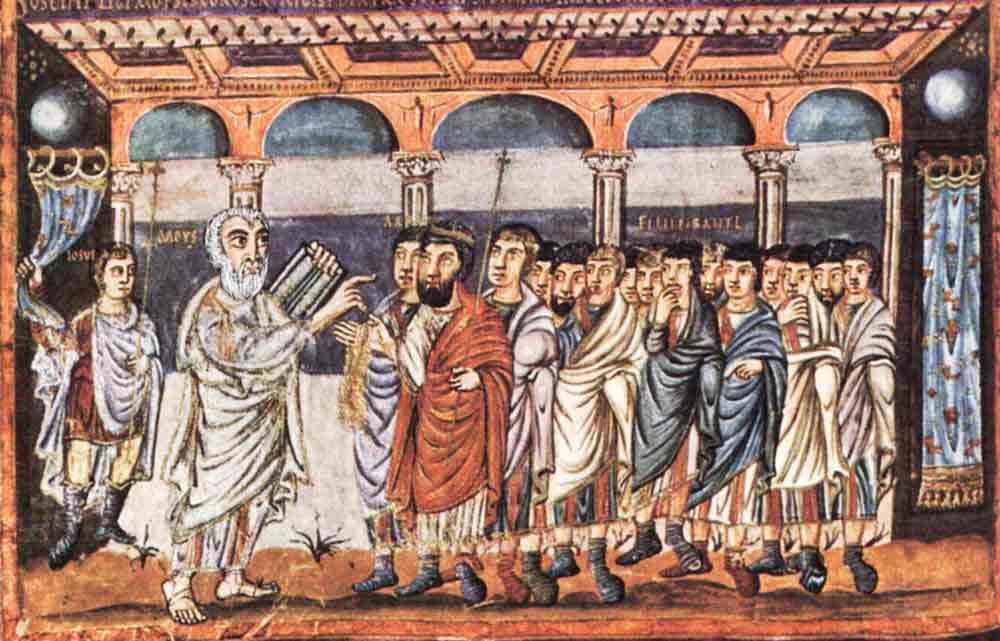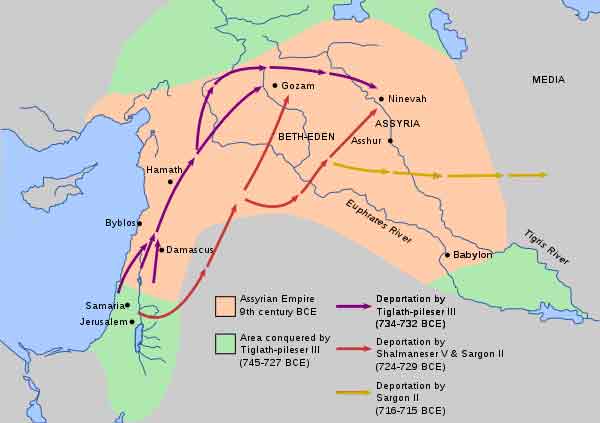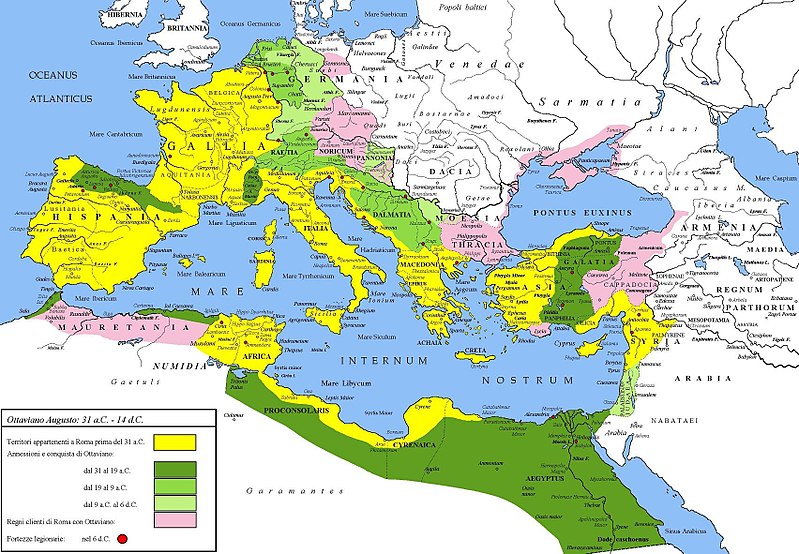
The British rule over Palestine began from the year 1918. Immediately after winning the world war, Britain placed the territory under the military rule which was later replaced in 1921 by a civilian administration.
As a consequence of the relentless efforts by Theodore Herzl and by the Zionist Organization that he had founded, due to the ‘Balfour Declaration’ made by the British government and with the approval it received from the ‘League of Nations’ that led to the creation of ‘British Mandatory Palestine’, the Jews had begun returning to Jerusalem from various parts of the world. However, they had to face several issues on their return.
The complications were mainly due to the ambiguous British policy in regard, and it proved to be a root cause of many conflicts to come in the future in the land of Palestine.
The British used the policy of ‘divide and rule’ against the Ottomans during the war to curtail their strength. After finding of the discontent among the Arabs against the Ottoman rulers, the British instigated them and offered to support the Arab independence if they engaged in a revolt against the Ottoman rulers. The Arab revolt aimed at carving out a sovereign Arab state from the Ottoman Empire, which would stretch all the way from Syria’s Aleppo in the west to Yemen’s Aden in the east.
However, on winning in the world war against the Ottomans, the British divided their Empire in the Middle East among the Allied nations by reasoning that the regions were not capable enough to stand on their own feet. The area that was divided also included the city of Damascus in Syria, which was then considered the citadel of Arab nationalism. During the divide, Damascus was handed over to France. This resulted in the Arabs feeling ditched at the hands of the British, and they, therefore, trained their guns towards Jerusalem and Palestine.
Moreover, the Jews too were unhappy with the British. It so happened that though Britain had appointed a Jew as the first High Commissioner for Jerusalem and Palestine, he imposed increasing restrictions on the entry of the Jewish people into Jerusalem. On the contrary, under the ‘Balfour Declaration’ of 1917, the British had already assured the Jews of their efforts in creating a ‘national home’ for them in the land of Palestine.
One of the many restrictions imposed on the Jews was a bar on the Jewish settlements to the east of the Jordan River, but the same bar did not apply to the Arabs. This area recognized as ‘Transjordan’, was kept reserved by the British as appeasement towards the Arabs.

However, discontent was simmering among the Arabs against the ‘Balfour Declaration’ and also against the Jews as a whole. The first public manifestation of this displeasure took the form of a riot that happened in the year 1920 in the old city of Jerusalem and its neighbouring areas.
During a Muslim festival of ‘Nabi Musa’ held annually in the ‘West Bank’, the local Arab religious leaders delivered provocative speeches against the Jews and the ‘Jewish Aliyah’ before a crowd of hundreds of Muslim pilgrims. The provocation escalated into altercations and deteriorated into riots. After having caused extensive destruction for four long days, from 4th to 7th of April 1920, the British troops were able to bring the situation under control. Five Jews and four Arabs were killed while both the sides saw hundreds of their people being injured.
The riots resulted in the building of a perpetual distrust among the Jews, Muslims and the British against each other. The Jews, however, having witnessed the failure of the British forces to protect them from the Arab ire during the riots, increasingly took to build their own and an independent organization and structure when it came to their society and security. They raised paramilitary self-defense units. Later, the ‘Israeli Defense Forces’ or the ‘IDF’–the military forces of the State of Israel, were in fact created from these self-defense units.
In 1921, the year following the Nabi Musa riots, the region again saw an eruption of another riot –the members of the ‘Jewish Communist Party’ were to take out a procession from Jaffa to Tel Aviv on the ‘May Day’ (01st of May). Before the beginning of the procession, they had also distributed pamphlets which advocated the overthrowing of the British rule and demanded the establishment of a ‘Soviet Palestine’. The procession though was not recognized by the official ‘Jewish National Council’ and hence was considered unauthorized.
However, a competing socialist group among the Jews too had organized a parade in Tel Aviv on the occasion of the May Day. When these two marching groups came face to face, like the ‘Nabi Musa riots’, it initially led to altercations, which later escalated into scuffles and then worsened into violent riots. The riots spread across the city. However, after some time, the riots were rumored to be directed against the Arabs. This made the Arabs in Jaffa to take up all the arms at their disposal against the Jews. Hundreds of armed Arabs attacked the Jews, and this further deteriorated the situation.

The seven days of rioting, from 01 to 07 May, had consumed 47 Jews and 48 Arabs, while scores were left injured. High Commissioner Herbert Samuel declared a state of emergency, imposed censorship on media and demanded the additional reinforcements to be sent from Egypt. It was only after General Allenby, the commander of the British forces in Egypt, sent extra reinforcement that the riots came under control.
Another similar riot also took place in November 1921.
These riots that erupted among the Jews and local Arabs just within two years from the establishment of the ‘British Mandatory Palestine’ were turning out to be a headache for the British. The Arabs in the land of Palestine resented the Jews and wanted them out of the land while the Jews were not to accept any other alternative than the creation of a national home for them where they could live with respect.
The deadlock was complicating further…. (To be continued…)











